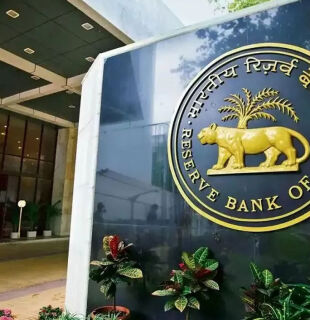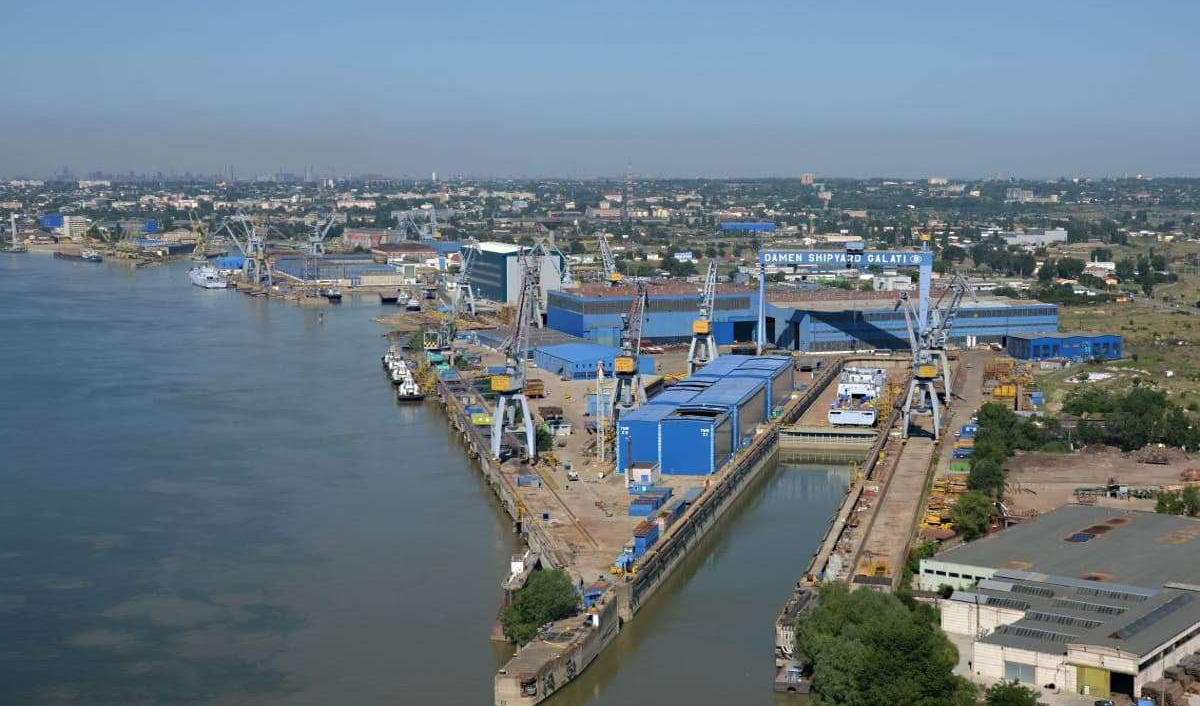
He noted that Moldova faces limited budgetary resources and the need to modernize the tax system. One of the main problems is the high level of shadow economy, which reduces the budget revenues. He said that in order to cope with this problem, Moldova should use the experience of neighboring states and implement modern mechanisms of tax control.
Talking about how Romania has passed this path, he noted that in 2019, the country found itself in a situation of excessive budget deficit and became the only EU country under a special procedure of the European Union. One of the main problems was the VAT gap, which reached 30% of potential revenues in 2022 – one of the highest in Europe. To change the situation, the Romanian government launched a major tax reform. It included digitalization of processes, increased transparency and revision of tax administration methods. The result was improved tax collection, reduced evasion and strengthened the country’s financial system.
The expert noted that this experience is particularly relevant for Moldova. “Transparency and technology of the tax system is the key to development and to the growth of business confidence. Moldova can avoid mistakes and use proven approaches to improve the efficiency of public spending and create a basis for sustainable economic growth,” he emphasized.













